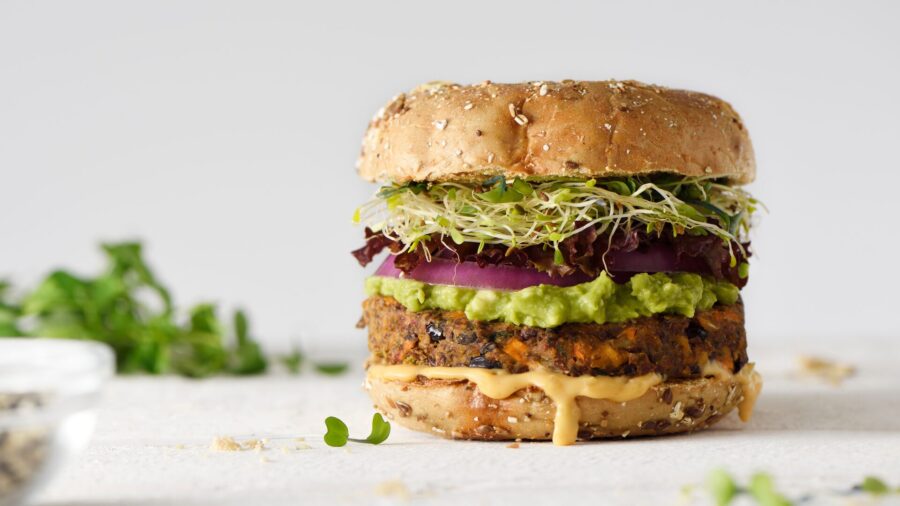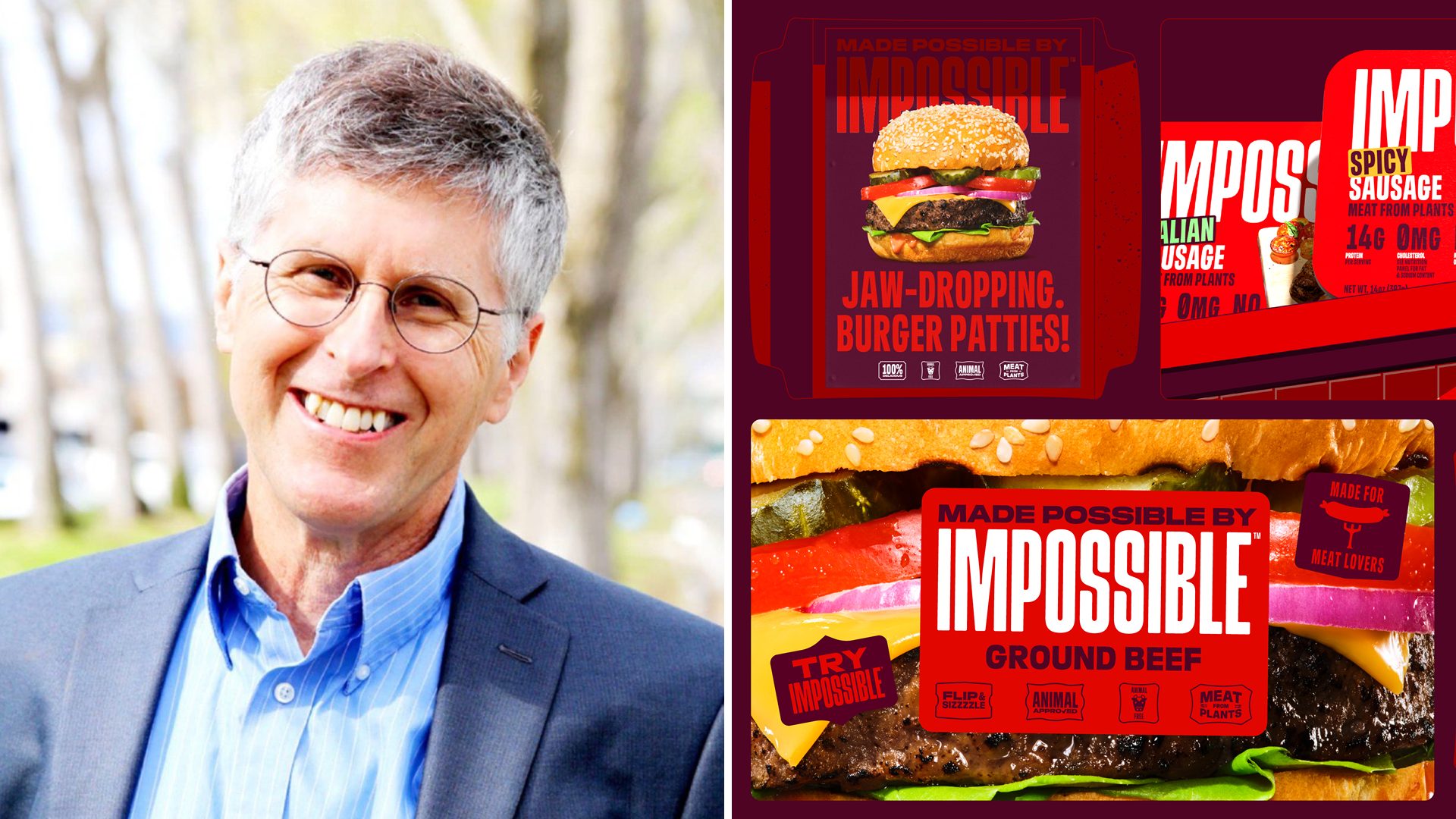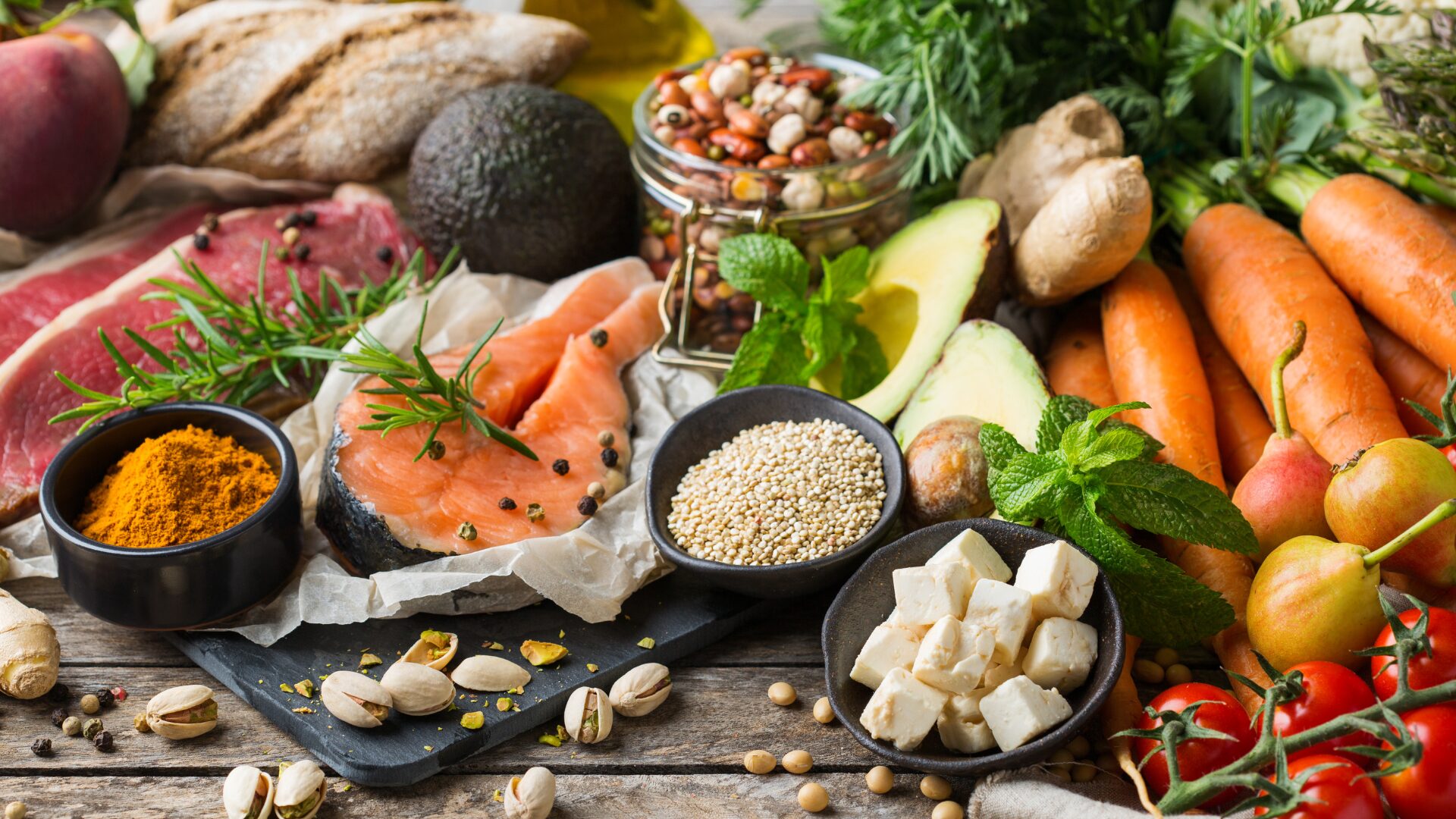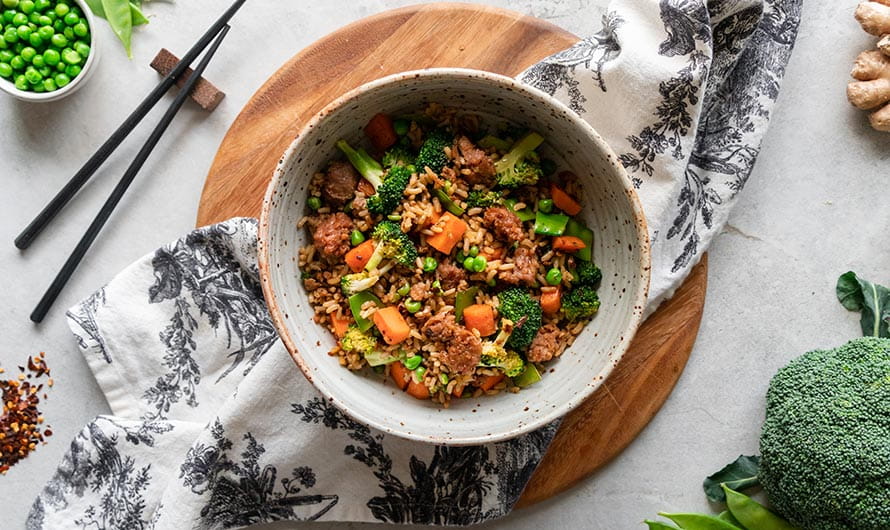People looking for a healthy alternative to dairy and meat products should think again about ultra-processed plant-based foods, according to a new study. Some medical experts say ultra-processed plant-based alternatives can increase the risk of serious health events like heart attacks and strokes.
A study published in Lancet Regional Health – Europe found for every 10% increase in calories from ultra-processed plant-based foods, there was a 5% increased risk of heart disease and 6% hike in the risk of coronary heart disease.
UPFs cover a wide variety of items, including breads, cereals, yogurts, processed meat and plant-based meat alternatives, along with sweets and fizzy drinks. These foods often are marketed as healthier than their animal-based counterparts but generally are higher in salt, sugar and fat. They also contain additives.
Alternatives to animal-based foods from companies like Beyond Meat and Impossible Foods are included in the ultra-processed category.
Beyond Meat adviser Dr. Matthew Lederman took issue with the study’s conclusions, calling it “misinformation.”
“Extensive data, including a recent [World Health Organization]-backed study tracking 266,000 participants across seven countries for 11 years, reveals that high intake of animal protein, particularly from ultra-processed products and red meat, significantly increases overall mortality and disease risk, including heart-disease, cancer and diabetes. In contrast, plant-based proteins are linked to lower mortality and disease risk,” Lederman said in a statement posted by Beyond Meat.
Doctors for years have been extolling the virtues of a diet that incorporates more fresh fruits and vegetables, along with beans and whole grain breads and pastas, and healthy fats like olive oil.
The Lancet study found that for every 10% dietary increase in whole plant-based foods, there was an 8% decrease in the risk for coronary heart disease, a 20% decrease in the risk from dying from that disease and a 13% lower risk of dying from any cardiovascular disease.
The study analyzed data from the UK Biobank collected between 2009 and 2012. Participants ranging in age from 40 to 69 completed two structured interviews about what they had eaten during the preceding 24 hours. The groups were divided into plant-based and animal-sourced, then further divided into ultra-processed and non-ultra-processed.
“Many high-quality research studies have shown that eating more ultra-processed foods is linked to poor health outcomes, including obesity, type 2 diabetes, heart disease, and cancer,” study co-author Kiara Chang, a research fellow at Imperial College London, told Food & Wine.
The “study adds important evidence that plant-based ultra-processed foods don’t offer the same protection as the fresh and minimally processed plant-based foods such as fruit and vegetables.”
Hilda Mulrooney, a reader in Nutrition & Health, London Metropolitan University, told Science Media Centre when people think “plant-based,” they’re not thinking about breads and the like.
“I imagine they think more of meat, fish and dairy product alternatives. This study takes all foods and drinks into account, classifying them as either plant or non-plant-based. Meat alternatives only contribute 0.2% within the UPF plant-based category and meat products only 2.8% within the ultra-processed meat-based category,” Mulrooney said.
“The greatest contributor to the ultra-processed plant-based foods are not meat alternatives but bread, pastries, buns, cakes, and biscuits, which arguably are not good markers of a plant-based diet, since many people consuming meat will also be consuming those products.”












